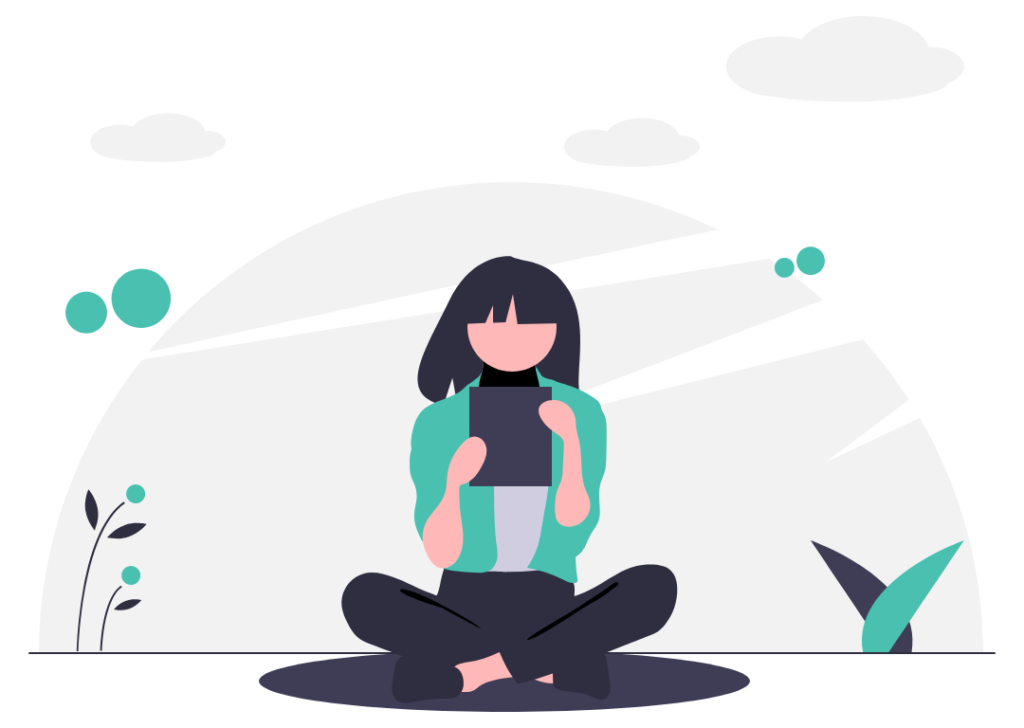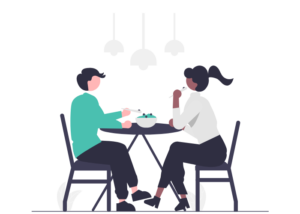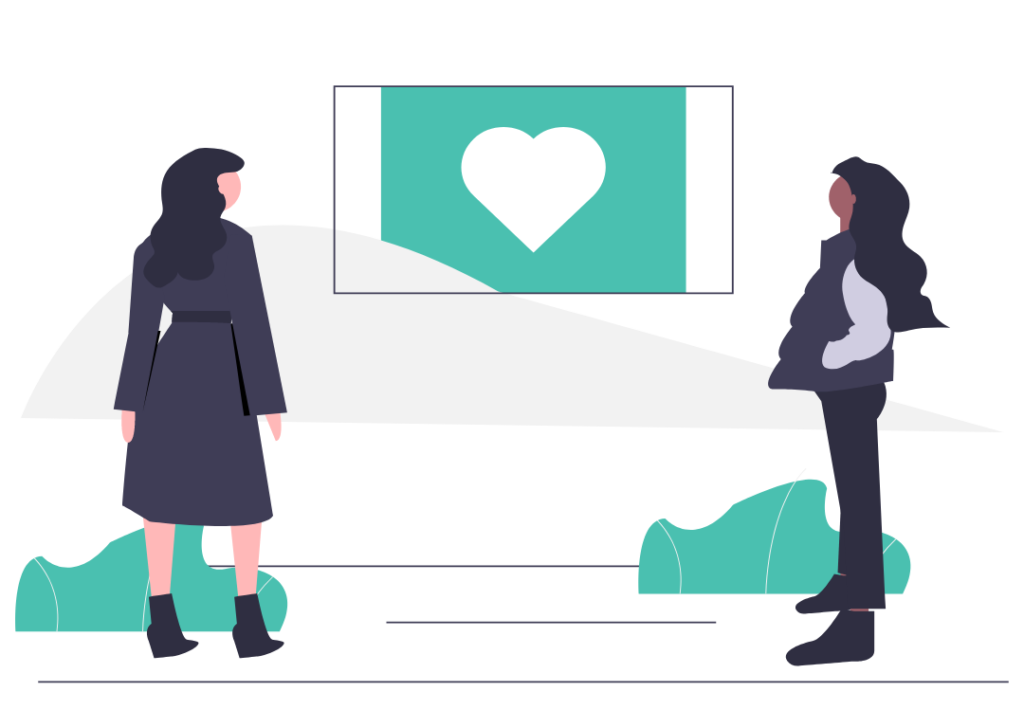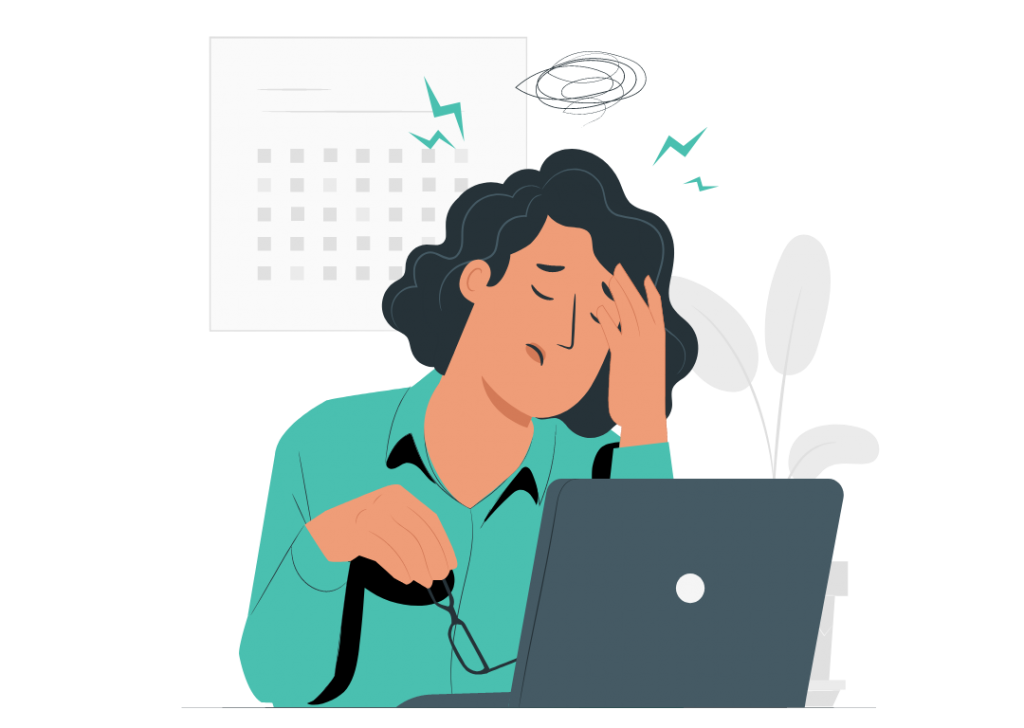
Caregiving with Love, Not Fear
Rose and her husband were about to start the business of their dreams when her mom was diagnosed with stage IV cancer.

Lori was a very active person as a wife and mother working 40+ hours a week selling real estate when her mother was diagnosed with Alzheimer's. Lori shares the importance of first caring for yourself so you can best care for others, how approaching difficult situations with love made them more manageable and how her experiences inspired her to support communities of caregivers across the world. This is Lori's story.
As told to Open Caregiving and lightly edited to enhance readability while preserving the author’s voice.
Hi! My name is Lori La Bey. I am part of the Baby Boomer generation and live in Minnesota.
I believe we are all caregivers from the moment we are conceived and just don’t know it! We all make decisions multiple times a day about how we are going to react to others, which is a decision in how we care for others.
I am no longer actively caring for my parents. My mother lived with Alzheimer’s disease for 30 years, and my father lived with brain cancer for four and a half years. I try to be much more conscious of how I react to others, knowing it’s a reflection of how I care for and treat people.
I was a very active as a wife and mother. I worked 40-60 hour a week selling real estate. I volunteered for multiple groups or projects and, many times, brought others into our home who needed a safe place to live. I was also active with a variety of circles of friends and family.
I felt fulfilled and purposeful. Life was good and, mostly, manageable.
I cared for both of my parents and was exceptionally lucky, as we were always very close. In the beginning, I played the role of secondary support, helping my father care for my mother. When my dad became ill, everything changed, and I was now the primary care partner for both, with very little support from my siblings.
Thank God I had a very supportive husband and daughter who never complained about getting less of my time and were willing to chip in.
Throughout my caring role with my parents, we continued to be very close. In fact, as their health failed, our relationships became even stronger and more loving. The caring journey allowed me to see there are multiple levels of unconditional love. It was all such an honor to be there for them, even though it wasn’t always easy; I would do it all over again at a moment’s notice.
There were so many lessons I was taught through the caring journey. I think early on it was I’m so much stronger than I thought I was, and I am capable of doing anything when I do it with love.
I was shocked that there are two camps of people out there.
Well, this took me a long time to figure out! Way too long. I didn’t feel I had any extra time to address my own needs. I was too busy taking care of others. I didn’t have time to take a hard look in the mirror at myself to see how I was lacking. How drained and depleted I had become.
I was lucky I had some great friends who didn’t give up on me. Every week they would invite me to coffee, and I would turn them down. One day, I had a really bad day, so I said yes, I would come to coffee. But it’s not why you think I said yes. I said yes to finally get them off my back. To have them stop asking me to do something I have no time for.
What happened next was magical, and I can never thank my friends enough. You see, I didn’t know how empty I had become until my friends filled my soul back up. We laughed and cried together for two hours. I made a commitment that day to meet them for coffee every week from that day forward. I realized I could care better when I felt better, too.
As a care partner myself and someone who worked in healthcare for about 10 years, I saw the holes in the system and that is why I created Alzheimer’s Speaks which covers all types of dementia through a variety of multi-media and various platforms (radio show, blog, lots of videos on YouTube, and more). It’s inclusive of all voices around the world, including those diagnosed with dementia and their families.
In addition, with a partner we created Dementia Map, which has over 150 categories which are services, products, and tools to search, an events calendar, a glossary of terms, and a blog with a variety of articles. There are also a lot of great groups on Facebook for people to connect too, like “Forget Me Not” or “AlzAuthors.”
Be kinder and have more patience with yourself. Also, instead of focusing strictly on all the tasks you need to do, remember to first think before every task is the person you are caring for safe, happy, and pain-free. There is a link to a video which explains this technique, which I call “Your Memory Chip” and is very easy to implement but is life changing in how you care and how your care is received.
Know you aren’t meant to care alone. Invite family and friends to help. Remember how nice it feels to help others. Don’t deny others the ability to help you out and keep their relationships going with the one you care for. Connect with others that are on a similar caring journey. Talking to people in the trenches is life changing.

Rose and her husband were about to start the business of their dreams when her mom was diagnosed with stage IV cancer.

After caring for her grandfather at the age of 14, Catt realized that her natural ability and compassion could lead to a career in elder care.

Leigh stepped away from her corporate career to care for her mom who has Parkinson's Plus Syndrome.